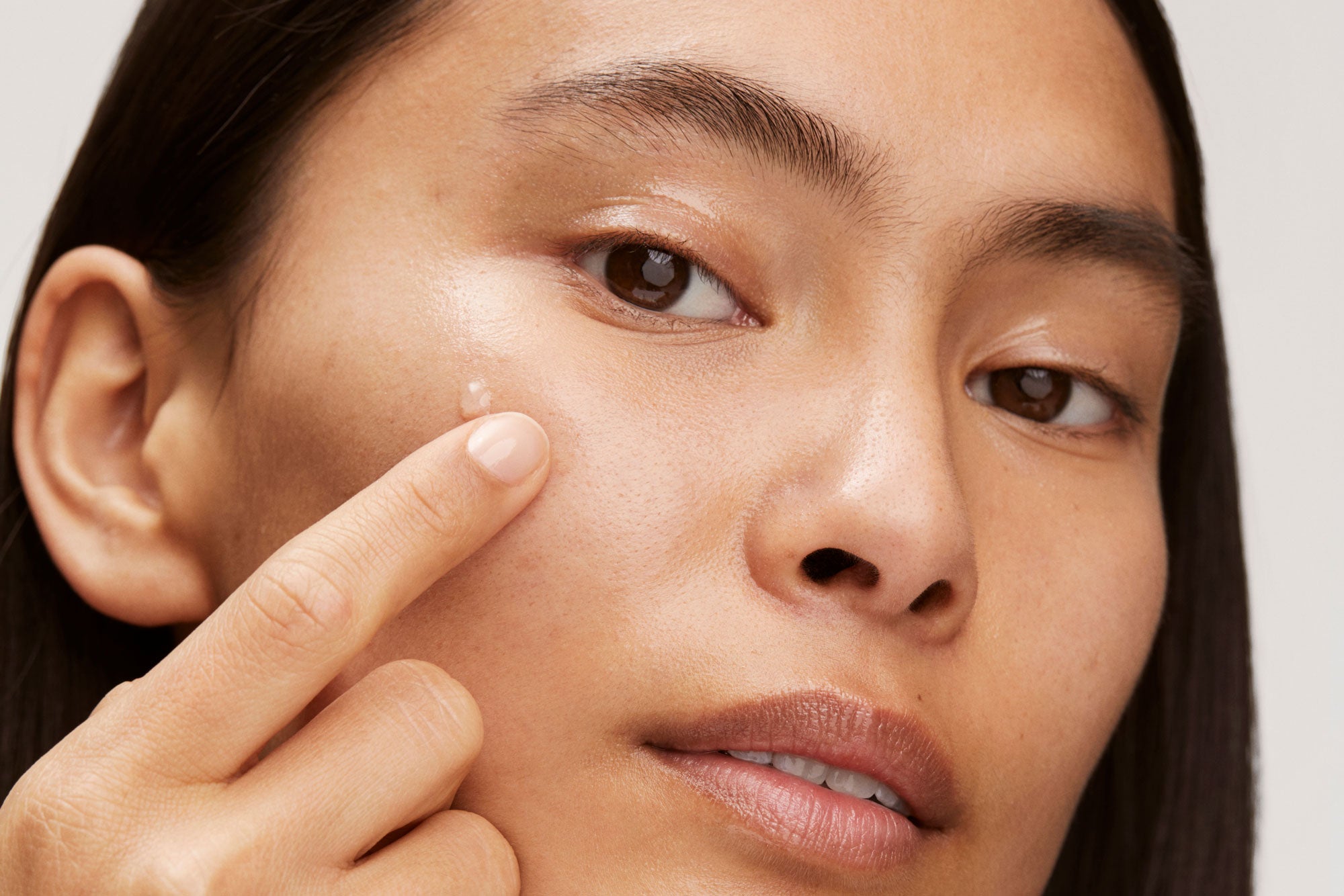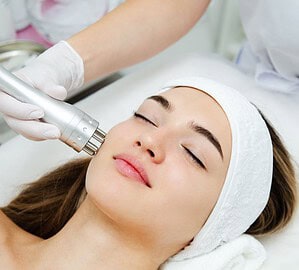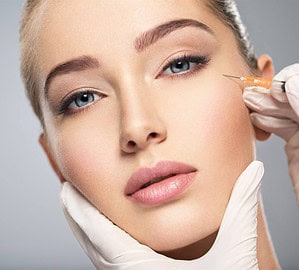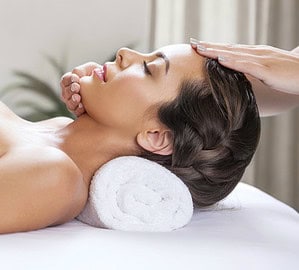Life has a way of showing up on your face. Hormones, sun damage, acne, and other trauma can all leave dark spots there. They may be gray, brown, or beige, patchy or round. But you don’t want any of them to linger.
There are promises made that chemical peels and laser procedures will make them disappear. Since these require a visit to a dermatologist or other professional licensed to perform them, they tend to be expensive. There are options that are less costly and time-consuming.

The market is filled with products that claim to reduce dark spots. Some need a prescription, and some don’t. They come in creams, lotions, and serums. The question you have is: “Are dark spot correctors safe for me to use?”
It’s wise to know whether what you’re applying to your face may do more harm than good. When incorporating these products into your skincare routine, you need to know the potential risks and benefits. Here’s the skinny on some common types of dark spot correctors.
Hydroquinone
Hydroquinone is a chemical used in photography darkrooms, in rubber production, and as a stabilizer in varnishes, paints, and motor fuels. It’s no wonder it may give you pause before you consider using it on your face. And you’re probably not surprised you need a prescription to get it.
The science behind hydroquinone is its ability to target an amino acid from being converted into melanin. If your skin can’t produce this pigment, those spots will fade. Just make sure you don’t skimp on the sunscreen both while you’re using hydroquinone, as well as for the long term.
Due to its power, hydroquinone cream is one of the most effective dark spot correctors out there. In fact, a 4% solution is typically prescribed for twice-daily use for only a few months at a time. It is also not approved for use by women who are pregnant or breastfeeding.
Because it’s prescribed for only a limited period, you can avoid the only potentially serious side effect. Overuse can lead to ochronosis, which is a skin discoloration that can be difficult to treat. Just use as directed by a healthcare provider and discontinue use if you experience any skin irritation or redness.
Although hydroquinone packs the biggest punch, there are a couple of potential alternatives that may also decrease melanin production. Tranexamic acid is safe to use while pregnant and breastfeeding. And a bearberry plant derivative, arbutin, is a more natural option.
Retinoids and Retinols
While hydroquinone targets melanin production, retinoids and retinols aim to boost cell turnover. As vitamin A derivatives, they work to slough off old skin cells and encourage growth of new ones. Dark spots may fall victim in the process.
Retinoids address more than just dark spots. They are used to treat acne and diminish wrinkles as well. In fact, they are most often prescribed for acne treatment. But you get the added advantage of the other potential benefits.
There are retinol creams and serums available over the counter. However, prescription-only retinoids, such as tretinoin, usually garner better dark spot correction. Either may cause dry, peeling, and irritated skin, and neither are recommended for use by pregnant or breastfeeding women.
There are no definitive studies that conclude retinoids cause skin cancer. But there is research that may link use of some retinoids in combination with sun exposure to an increased risk. This is why it’s recommended that whether you use any dark spot corrector or none, you always protect yourself with sunscreen.
When using OTC retinols or prescription retinoids, doctors recommend starting slow and building up potency. You may use one containing a lower percentage of retinoids and work up if your skin tolerates it well. Then, see if it can fade those spots and help in others ways too.
Vitamin C
Vitamin C, or L-ascorbic acid, is vital for collagen production, which is what gives skin its structure and elasticity. It’s an antioxidant that fights the formation of harmful free radicals. But collagen also helps produce the fibroblasts in the skin’s middle layer that produce new skin cells to replace old ones.
Many dark spot correcting serums, creams, and lotions contain vitamin C. That’s true even if they are formulated with other spot-fighting ingredients. Some products like prescription-strength hydroquinone don’t contain it. However, your doctor may recommend using a vitamin C product in conjunction with hydroquinone.
Vitamin C products can cause dry skin and redness. The more vitamin C in the product, the more likely your skin could be irritated. Your healthcare provider may advise you to spot test a lower-dose vitamin C product before you begin overall use.
Tetrahexyldecyl ascorbate (THC ascorbate) is a fat-soluble form of vitamin C. That property may make it more easily absorbed into your skin where it can do the greatest good. In fact, vitamin C cleansers won’t effectively reduce the appearance of dark spots because you rinse it off.
Vitamin C serums and creams are generally safe to use for most people. Their ability to correct dark spots on their own may lag behind other products. But when used in tandem with certain dark spot correctors, it could be the punch you need to renew your skin.
Lighter, Brighter Skin Safely
When you’re addressing one skin problem, like dark spots, the last thing you want to do is create another issue. That is why it’s wise to consult with a healthcare provider, start slow, and work your way into a safe skincare routine. With the right products, the life that shows up on your face might be spot-free.



